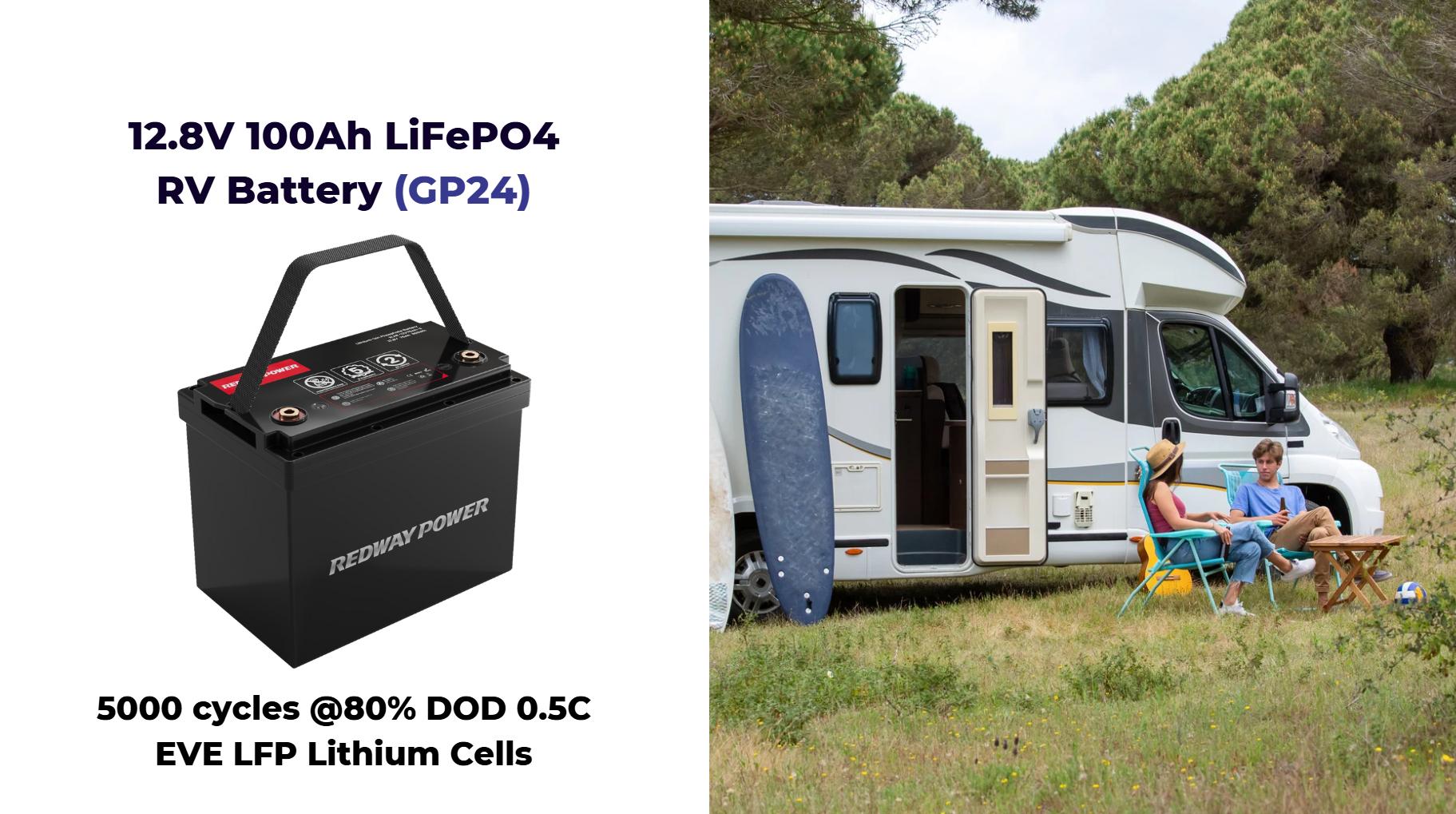
How the 12V 100Ah LiFePO4 Battery is Transforming Energy Storage Solutions
The 12V 100Ah LiFePO4 battery is a powerful energy storage solution that offers high efficiency, safety, and longevity. Ideal for applications like solar systems, RVs, and UPS systems, this battery type provides a reliable power source with a lifespan significantly longer than traditional lead-acid batteries. This article explores its workings, features, lifespan significance, performance comparisons, safety mechanisms, and environmental impacts.
How does a 12V 100Ah LiFePO4 battery work?
A 12V 100Ah LiFePO4 battery operates through electrochemical reactions involving lithium ions. When charged, lithium ions move from the cathode (iron phosphate) to the anode, storing energy. During discharge, these ions flow back to generate electricity. This mechanism allows for efficient energy storage and release, making them suitable for various applications.
What are the key features of the 12V 100Ah LiFePO4 battery?
The key features of the 12V 100Ah LiFePO4 battery include:
- High Energy Density: Offers more energy in a smaller size compared to lead-acid batteries.
- Long Cycle Life: Can last over 3000 cycles with minimal capacity loss.
- Built-in Battery Management System (BMS): Protects against overcharging and deep discharging.
| Feature | Description |
|---|---|
| High Energy Density | More energy stored per unit weight |
| Long Cycle Life | Over 3000 cycles before significant degradation |
| Built-in BMS | Monitors and protects battery health |
Why is the lifespan of a LiFePO4 battery important?
The lifespan of a LiFePO4 battery is crucial because it directly affects cost-effectiveness and reliability. Typically lasting between 8 to 10 years with up to 5000 cycles at varying depths of discharge (DOD), these batteries reduce replacement frequency and maintenance costs compared to traditional lead-acid batteries that last only a few years.
How does the performance of LiFePO4 batteries compare to lead-acid batteries?
LiFePO4 batteries significantly outperform lead-acid batteries in several aspects:
- Energy Density: They provide up to four times more energy density than lead-acid batteries.
- Weight: They are lighter, making them easier to handle and install.
- Efficiency: LiFePO4 batteries maintain higher efficiency throughout their discharge cycle.
| Performance Factor | LiFePO4 Batteries | Lead-Acid Batteries |
|---|---|---|
| Energy Density | Up to 170 Wh/kg | Approximately 35 Wh/kg |
| Weight | Lighter (1/3 weight) | Heavier |
| Cycle Life | Up to 5000 cycles | Typically up to 500 cycles |
What safety mechanisms are integrated into LiFePO4 batteries?
Safety is paramount in battery technology. The following mechanisms are integrated into LiFePO4 batteries:
- Thermal Stability: They are less prone to overheating or catching fire.
- BMS Protection: The built-in BMS prevents overcharging, deep discharges, and short circuits.
- Non-toxic Materials: The materials used are safer for both users and the environment.
How do environmental factors influence LiFePO4 battery performance?
LiFePO4 batteries are designed to operate efficiently across a wide temperature range (-20°C to +60°C). Their performance remains stable in extreme conditions, making them suitable for various applications from outdoor camping to indoor installations. Additionally, they are environmentally friendly as they contain no hazardous materials and can be recycled.
Latest News
Recent developments in the field of LiFePO4 batteries highlight their increasing adoption across various sectors:
- Manufacturers are focusing on enhancing energy density while reducing costs.
- New models featuring advanced BMS technology are being introduced for better performance.
- The market trend shows a shift towards sustainable energy solutions using eco-friendly materials.
Editor Comment
The rise of the 12V 100Ah LiFePO4 battery represents a significant advancement in energy storage technology. Its combination of safety, efficiency, and longevity makes it an ideal choice for modern applications where reliability is crucial. As technology evolves, we can expect even greater innovations in this space.”
FAQ Section
Q: What is a LiFePO4 battery?
A: A Lithium Iron Phosphate (LiFePO4) battery is a type of rechargeable lithium-ion battery known for its high safety standards, long life cycle, and stable performance.Q: How long do LiFePO4 batteries last?
A: Typically, they last between 8 to 10 years with up to 5000 charge-discharge cycles before significant capacity loss occurs.Q: Are there any environmental benefits to using LiFePO4 batteries?
A: Yes, they are made from non-toxic materials and can be recycled, making them an environmentally friendly option compared to traditional lead-acid batteries.
